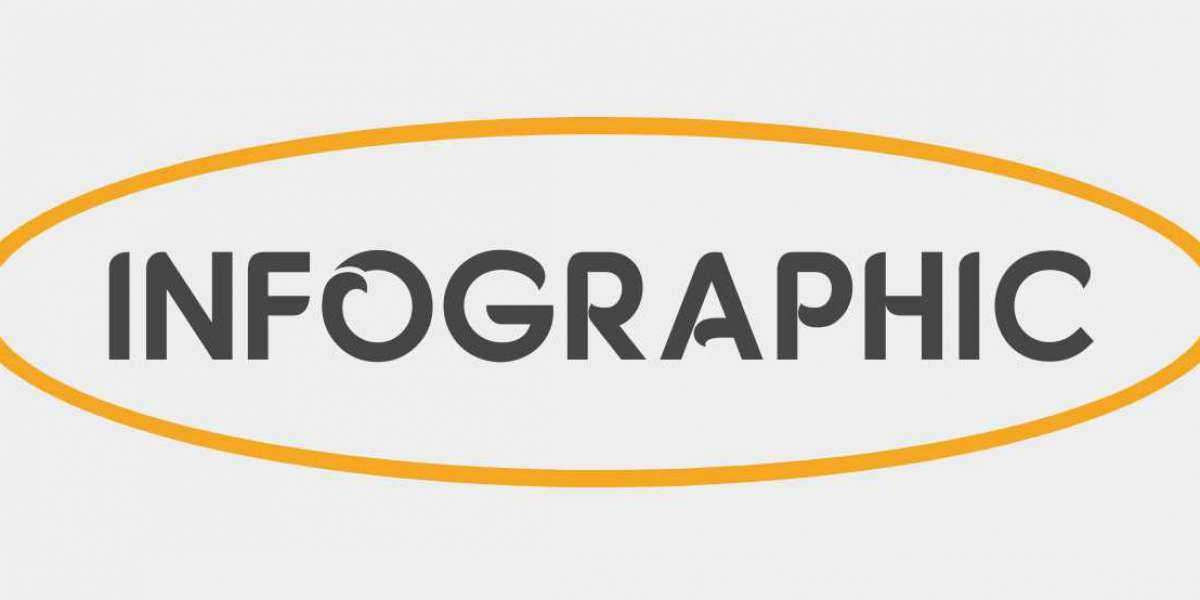Selecting the right investment vehicle can shape your financial future, especially when considering options like ETFs and Mutual Funds. Both have become popular among those seeking to grow their wealth, offering access to a wide range of assets and professional management. However, the choice between ETFs and Mutual Funds is not always straightforward. Understanding their differences, how all brokerage charges work, and the impact on your returns is essential before making any commitment. This guide will clarify these options, focusing on their features, costs, and suitability for various investment goals.
What Are ETFs and Mutual Funds?
ETFs (Exchange-Traded Funds) and Mutual Funds both pool money from many investors to buy a basket of assets such as stocks, bonds, or commodities. This pooling allows even small investors to access diversified portfolios, reducing the risk associated with investing in single securities.
- ETFs are traded on stock exchanges throughout the day, and their prices fluctuate like shares. They are known for lower costs and flexibility.
- Mutual Funds are bought and sold at the end of the trading day at a price called the Net Asset Value (NAV). They often offer professional management and a wider range of investment strategies.
Both options involve all brokerage charges, but the structure and timing of these costs differ, affecting your overall returns.
Costs and All Brokerage Charges
Understanding all brokerage charges is crucial, as these can erode your investment returns over time.
1. ETFs
- Expense Ratio: ETFs usually have lower expense ratios compared to Mutual Funds. This is because most ETFs are passively managed, simply tracking an index rather than relying on active fund managers.
- Trading Costs: ETFs are bought and sold like shares, so all brokerage charges apply each time you trade. While some platforms offer commission-free trading, others may charge fees, especially for specialised or international ETFs.
- Other Costs: The bid-ask spread (difference between buying and selling price) can also affect your returns, particularly for less liquid ETFs.
2. Mutual Funds
- Expense Ratio: Mutual Funds often have higher expense ratios, especially if actively managed. However, index Mutual Funds have become more competitive in recent years, sometimes matching ETF costs.
- Load Fees: Some Mutual Funds charge sales commissions (front-end or back-end loads), which are deducted when you buy or sell units. These are part of all brokerage charges and can reduce your investment amount.
- No Trading Fees: Mutual Funds are usually bought directly from the fund house or through a distributor, so you may not pay trading commissions. However, early redemption or exit loads may apply.
Trading Flexibility and Accessibility
1. ETFs
- Intraday Trading: ETFs can be traded throughout the market day, offering flexibility to react to price changes instantly.
- Minimum Investment: The minimum investment is usually the price of one unit, making ETFs accessible for those starting with smaller amounts.
- Liquidity: ETFs are generally liquid, but some niche or international ETFs may have lower trading volumes, leading to wider bid-ask spreads and higher all brokerage charges.
2. Mutual Funds
- End-of-Day Trading: Mutual Funds can only be bought or sold at the end of the trading day, based on the NAV.
- Minimum Investment: Many Mutual Funds require a minimum investment, which can be higher than the cost of a single ETF unit.
- No Real-Time Pricing: You cannot take advantage of intraday price movements, which may be a limitation for some investors.
Tax Efficiency
- ETFs are usually more tax-efficient due to their unique structure, which allows in-kind transfers of securities. This process helps minimise capital gains distributions, reducing your tax burden.
- Mutual Funds may generate taxable events more frequently, as fund managers buy and sell securities within the fund. These capital gains are distributed to all investors, increasing your tax liability even if you have not sold your units.
Professional Management and Diversification
- ETFs are typically passively managed, tracking an index. This means lower costs but less opportunity for outperformance.
- Mutual Funds often offer active management, where experienced fund managers aim to outperform the market. This can lead to higher costs but may suit investors seeking professional oversight and tailored strategies.
Both ETFs and Mutual Funds provide diversification, spreading your risk across many assets with a single investment.
Pros and Cons at a Glance
1. ETFs
- Lower expense ratios and all brokerage charges (if using commission-free platforms)
- Traded like shares for real-time flexibility
- More tax-efficient
- May face trading costs and bid-ask spread issues
2. Mutual Funds
- Professional management and broader diversification
- No trading commissions, but may have load fees and higher expense ratios
- Less tax-efficient
- Trades only at end-of-day NAV
Which Should You Choose?
The decision between ETFs and Mutual Funds depends on your investment goals, risk tolerance, and need for flexibility.
- Choose ETFs if you prefer lower costs, real-time trading, and greater tax efficiency.
- Opt for Mutual Funds if you value professional management, are willing to pay higher fees for potential outperformance, and do not need intraday trading.
Always review all brokerage charges, expense ratios, and fund features before investing. Consider your long-term objectives and comfort with market fluctuations. By understanding these differences, you can make an informed choice that aligns with your financial aspirations.










